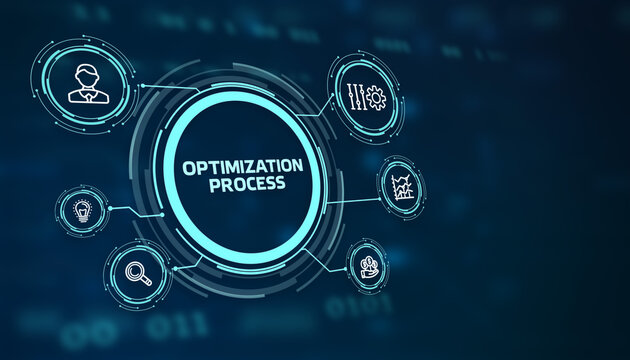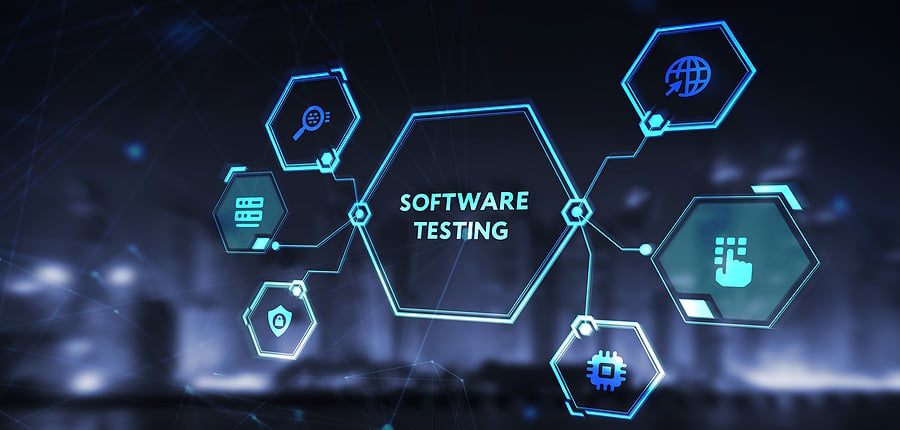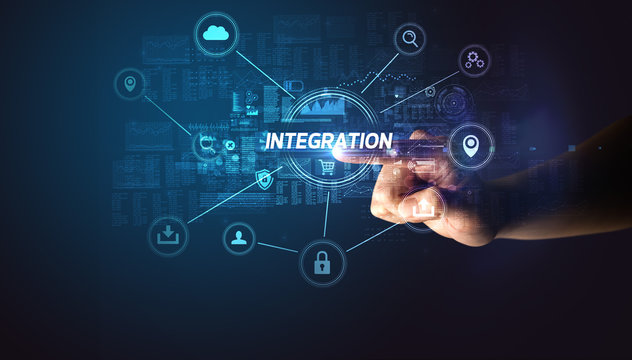Expert Perspectives: AI's Role in Enhancing Software Development Efficiency

Artificial intelligence (AI) and machine learning (ML) are transforming the software development business, opening up unimaginable possibilities and solutions. It comprises code acceleration and optimization, software testing, and security enhancements, among other things.
To create the backend of a website or web-based application, software developers rely on external suppliers, such as backend services. Back-end developers work under the principle of providing a completely scalable server side. They focus on databases, back-end rationality, application programming interfaces, design, and servers to ensure the website's functionality.
Industries that apply AI to software development processes benefit from increased speed, accuracy, and dependability in the software development cycle. As a result, it leads to quicker deployments, fewer errors, and greater overall efficiency. Let's look at how AI is streamlining software development.
Accelerate Code Generation and Optimization
AI and machine learning (ML) accelerate code generation and optimization processes by employing AI-driven tools to produce code snippets, blueprints, and entire modules.
Machine learning can examine sources of code and provide insights such as improvements, which can result in greater performance, improved reliability, and lower technical liabilities. For businesses that want to take advantage of these advanced technologies, deciding on AI developers for hire can be a key step in successfully implementing AI solutions.
There are numerous ways to use ML and AI to speed up code development and optimization.

Automate code writing: AI may generate basic code snippets or even the full blueprint, depending on the developer's directions. It has the potential to significantly expedite development while also reducing human intervention errors.
Code completion: AI tools may predict, suggest, or reject code based on current and previously generated code. It helps to keep the coding style constant throughout the project.
Code review: Artificial intelligence may automate code analysis to identify potential errors, security vulnerabilities, and so forth. It not only saves a significant amount of time on manual code review but also guarantees high-quality code.
Refactoring: Code refactoring can help experts restructure existing code while retaining its outward behavior. It enables developers to build code that is readable, efficient, and easy to maintain.
Code optimization: AI may assess existing code and recommend improvements such as efficient data frameworks, storage management, and parallel processing of tasks.
Improved Bug Detection and Software Testing
AI-powered testing Architectures are raising the bar for software quality assurance. Here are the methods AI helps developers use to carry out software testing:

1. AI can identify advanced bugs by evaluating codebases, recognizing trends, and reporting probable problems and risks.
2. Artificial intelligence can enhance code quality by detecting defects and vulnerabilities, allowing developers to thoroughly evaluate code, and correcting issues using AI technologies.
3. Identifying bugs can be laborious and costly. AI solutions can significantly minimize effort by automating processes and providing exact insights.
4. AI automates software testing and debugging, making typical tasks more efficient and able to handle complicated problems.
5. Artificial intelligence can foresee development delays and accelerate development through the early discovery of risks.
Customized Use Experience
AI-driven tools and machine learning allow software to adapt to users' preferences and habits, resulting in personalized experiences. Experts employ AI solutions tailored to user experiences in a variety of ways:
Data analysis: AI evaluates large amounts of data to assist businesses in understanding each user's needs.
AI tools: AI-powered tools can provide customer insights, forecast behavior, and send personalized communications to each customer.
AI in marketing customization: AI-generated solutions can evaluate customer data, allowing marketers to better understand their buyers and provide tailored personalization that conventional marketing approaches cannot provide. Additionally, pursuing a masters in data analytics can equip marketers with the advanced skills needed to leverage AI tools effectively and gain deeper insights from data, driving more impactful marketing strategies.
ML models: AI employs machine learning models to evaluate and classify user behavior, providing significant insights for the establishment of metrics that can assist executives in making specific decisions rather than preconceptions. For example, AI can personalize Spotify playlists and Netflix movie recommendations.
Auto DevOps with Continuous Integration and Deployment

Machine learning and artificial intelligence are adapting DevOps workflows by automating repetitive tasks, enabling continuous integration and deployment. It improves software deployment and fosters communication among development teams.
Here are some examples of how to automate DevOps and CI/CD using AI.
1. Enterprises use AI and machine learning techniques to study data from various sources, enabling them to identify faults, enhance application performance, and minimize outages.
2. Al-powered technologies can swiftly discover and diagnose data, assisting in the identification of the root cause of problems and abnormalities by correlating data from many sources.
3. AI systems can do predictive assessments, discover patterns and trends, and prevent potential risks.
4. AIOps machine learning may identify errors and automate remediation operations, reducing the need for human involvement and increasing overall remediation performance. Combining it with various DevOps tools enhances the dependability of predictive analytics.
Security Solutions
AI technologies improve application security protections against constantly developing attacks. Developers create security solutions by incorporating artificial intelligence into software or applications. Here are some essential methods by which specialists execute clever solutions:
Vulnerability detection features: Al-driven tools can automatically detect fraud and other issues in software code and configurations. It identifies potential security weaknesses, assisting developers in proactively solving issues.
Behavior analysis: Artificial intelligence can detect possible security holes by analyzing user behavior and system operations. It initiates alarms or preventative steps.
Auto-incident response: Security solutions powered by AI can automate incident handling, enabling faster detection, investigation, and remediation of security events. It can analyze network traffic, security records, and system activity in order to respond effectively.
Threat Intelligence: AI analyzes enormous amounts of data from a variety of sources, including security blogs, forums, and risk feeds.
User authentication: AI utilizes authentication techniques by evaluating user behavior, device details, and data context to determine the validity of access requests, avoiding identity theft and unlawful data access.
Secure coding practices: Al Technologies helps developers practice secure code by providing real-time guidance and input on potential security flaws.
Security auto-testing: AI-powered technologies can automate security testing tasks like penetration testing and susceptibility screening. Developers can mimic real-world attacks and make repair recommendations using AI algorithms.
Auto-Software Maintenance and Updates
All tools can automate software health checks, functionality assessments, and bug identification. Developers have devised a variety of techniques to automate software upgrades and maintenance.
Conclusion
Integrating AI and ML into software development processes is critical. Artificial intelligence and machine learning transform code generation, optimize it, boost the user experience, and improve security. These breakthrough technologies will assist software firms in innovating, increasing efficiency, and developing novel approaches that shape the future of software development.



